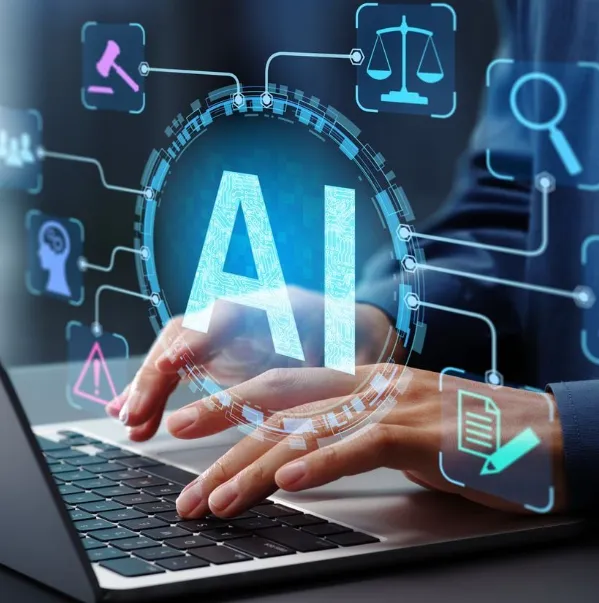How AI Is Shaping Business Automation
The modern business environment demands speed, efficiency, and adaptability. Artificial Intelligence has become a central force in meeting these demands, especially when applied to business process automation. By taking over repetitive, rule-based tasks, AI allows companies to improve accuracy, cut costs, and redirect human talent toward creative and strategic work.
What sets AI-driven automation apart from earlier forms of digital efficiency is its ability to learn and adapt. Large language models and advanced algorithms don’t just follow instructions; they interpret data, recognize patterns, and support decision-making. From customer service chatbots and automated financial operations to logistics optimization and predictive analytics, AI is steadily transforming how organizations function.
For businesses facing shifting markets, AI offers the flexibility to scale operations quickly and personalize services at an unprecedented level. Companies that integrate intelligent automation position themselves to remain competitive and resilient in an increasingly digital world.
Key Advantages of AI in Automation
The appeal of AI in process automation comes from its ability to deliver results across multiple fronts:
- Efficiency gains: Automated systems perform routine work quickly and accurately, which reduces delays and minimizes errors.
- Cost reduction: With fewer manual tasks, businesses save on operational expenses while allocating resources more effectively.
- Smarter decisions: AI systems can process massive datasets in real time, uncovering insights that guide strategy and forecasting.
- Customer experience: Intelligent tools deliver personalized interactions, rapid responses, and proactive solutions, leading to higher satisfaction.
- Scalability: As organizations grow, AI-driven automation adapts to increased workloads without sacrificing quality or speed.
Together, these benefits make AI an essential driver of efficiency and growth.
Where AI Automation Is Making the Biggest Impact
The practical applications of AI in automation are already visible across industries:
- Customer support: AI chatbots and digital assistants manage routine inquiries around the clock, leaving human agents to handle complex issues.
- Data analysis: Machine-learning models quickly evaluate large datasets, uncovering valuable insights for better planning and execution.
- Workflow optimization: From finance to supply chain management, AI tools streamline operations, reducing bottlenecks and errors.
- Human resources: Automated recruiting systems screen resumes and identify strong candidates faster than traditional methods.
- Marketing: AI analyzes consumer behavior to deliver targeted campaigns that boost engagement and sales.
- Document processing: Systems can extract and categorize information from contracts, invoices, and reports with precision.
- Predictive maintenance: Intelligent monitoring anticipates equipment failures, reducing downtime and repair costs.
These use cases show how AI-driven automation is not just about saving time but also about creating smarter, more adaptable organizations.
What’s Next for AI in Business Automation
The next phase of AI automation promises even deeper integration into core business functions. Advances in large language models and deep learning are enabling more intuitive, context-aware systems that can manage increasingly complex processes.
We are likely to see stronger collaboration between human teams and AI systems, where technology augments—not replaces—human judgment. At the same time, access to advanced tools is expanding, making automation more affordable for mid-sized and even small businesses.
However, the road ahead also comes with challenges. Issues such as data privacy, ethical responsibility, and the need for transparent AI decision-making will demand greater attention. Continuous adaptation will be essential, as businesses must refine their AI systems to keep up with evolving markets and regulatory requirements.
In the long run, AI-powered automation will not only reshape how companies operate but also how they compete. The organizations that embrace these changes with foresight and responsibility will be best positioned to thrive in the digital economy.
